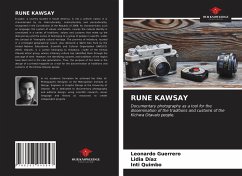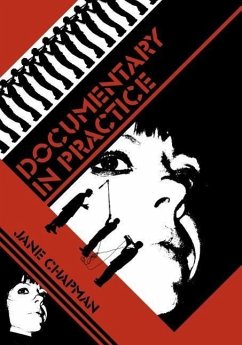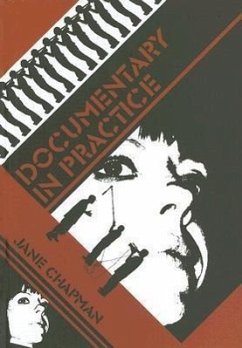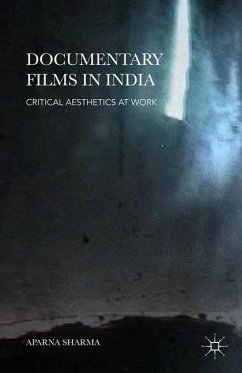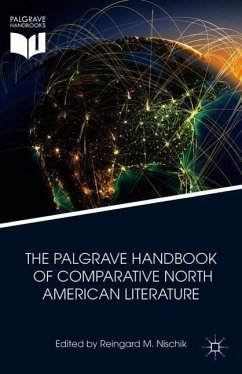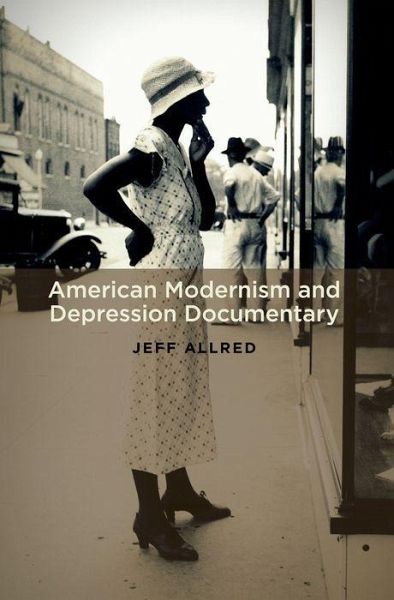
American Modernism and Depression Documentary

PAYBACK Punkte
23 °P sammeln!
American Modernism and Depression Documentary surveys the uneven terrain of American modernity through the lens of the documentary book. Jeff Allred argues that photo-texts of the 1930s stage a set of mediations between rural hinterlands and metropolitan areas, between elite producers of culture and the "forgotten man" of Depression-era culture, between a myth of consensual national unity and various competing ethnic and regional collectivities. In light of the complexity this entails, this study takes issue with a critical tradition that has painted the ^documentary expression" of the 1930s a...
American Modernism and Depression Documentary surveys the uneven terrain of American modernity through the lens of the documentary book. Jeff Allred argues that photo-texts of the 1930s stage a set of mediations between rural hinterlands and metropolitan areas, between elite producers of culture and the "forgotten man" of Depression-era culture, between a myth of consensual national unity and various competing ethnic and regional collectivities. In light of the complexity this entails, this study takes issue with a critical tradition that has painted the ^documentary expression" of the 1930s as a simplistic and propagandistic divergence from literary modernism. Allred situates these texts, and the "documentary modernism" they represent, as a central part of American modernism and response to American modernity, as he looks at the impoverished sharecroppers depcited in the groundbreaking Let Us Now Praise Famous Men, the disenfranchised African Americans in Richard Wright's polemical 12 Million Black Voices, and the experiments in Depression-era photography found in Life magazine.





